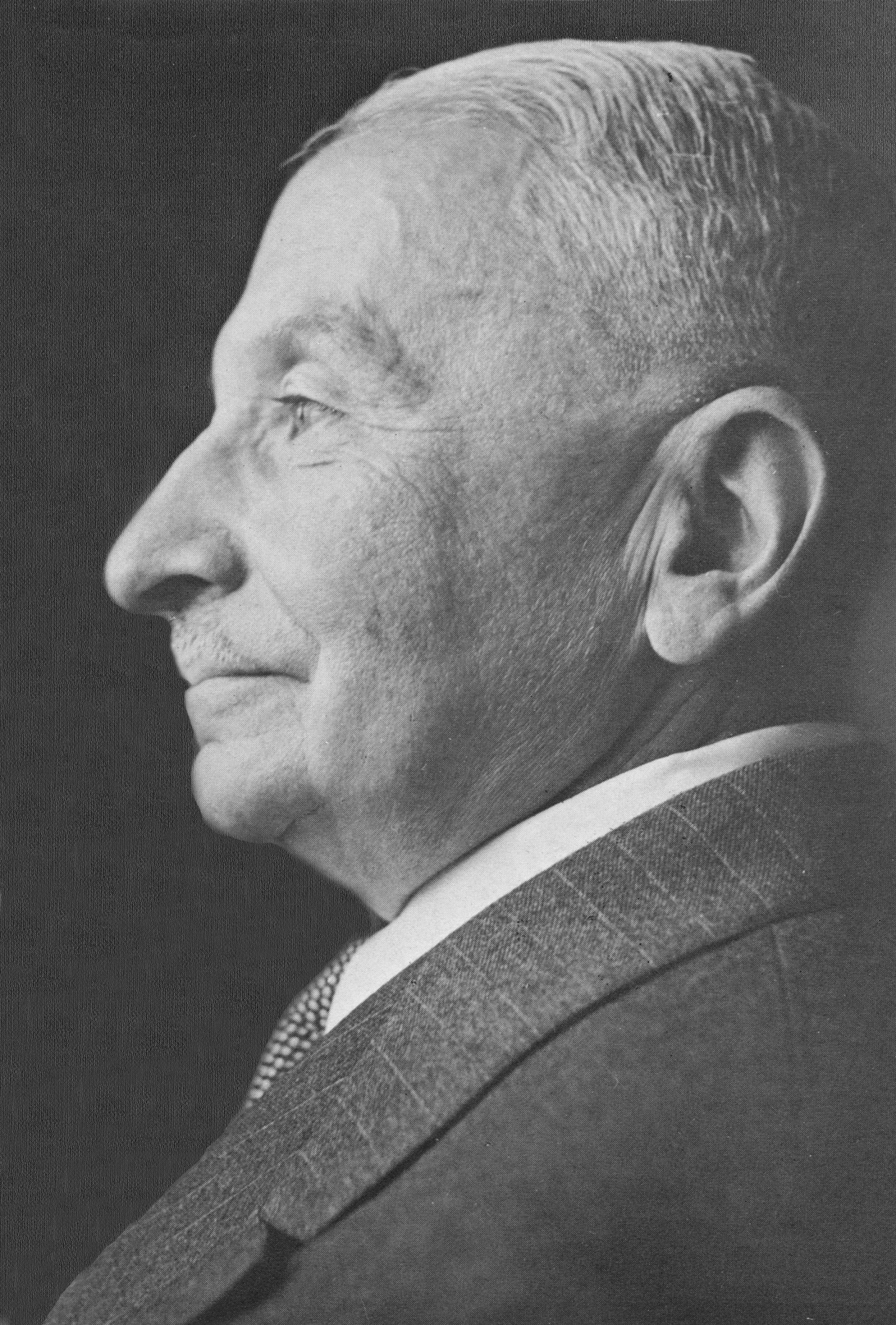
On September 29, 1881, Ludwig von Mises was born in Lemberg (now Lviv), Galicia (now Ukraine). He later immigrated to America and became one of the critical thinkers in classical libertarian thought history. Mises is widely revered for his contributions to economics, particularly his book “Human Action.” He laid the foundation of American libertarianism and mentored notable economists such as Israel Kirzner and Murray Rothbard.
His Contributions to Economics
Mises wrote extensively on various economic topics, from technical works on monetary theory to pieces aimed at a wider audience. He developed his system of economic theory called praxeology, which used deductive reasoning derived from evident axioms. Mises challenged arguments for socialism and provided an unrivaled understanding of money and inflation. He also criticized dominant philosophical trends and any form of irrationalism. His masterpiece, “Human Action,” remains a fundamental book in Austrian School economics and continues to be widely read today.
His Contributions to History
Mises was a vocal opponent of socialism and faced criticism in Germany and Switzerland. Despite obstacles, his teaching style inspired and delighted his students. He made significant contributions to classical liberalism, banking theory, the theory of money and banking, and the history of economic thought. His book “Human Action” further solidified his arguments against socialism.
His Contributions to Philosophy
Mises’s writings profoundly impacted society, championing free markets and private property as the only path to human prosperity. He criticized government intervention and highlighted the detrimental effects of price ceilings. Mises revived the principle of increasing money supply, leading to inflation and business cycles, advocating for a gold standard. His work on the Economic Calculation Problem debunked arguments for socialism, and his book “Bureaucracy” served as an antidote against potential tyrants. His unwavering dedication inspired a generation of students and admirers, and he is credited with laying the intellectual foundations of the revived Austrian School.

